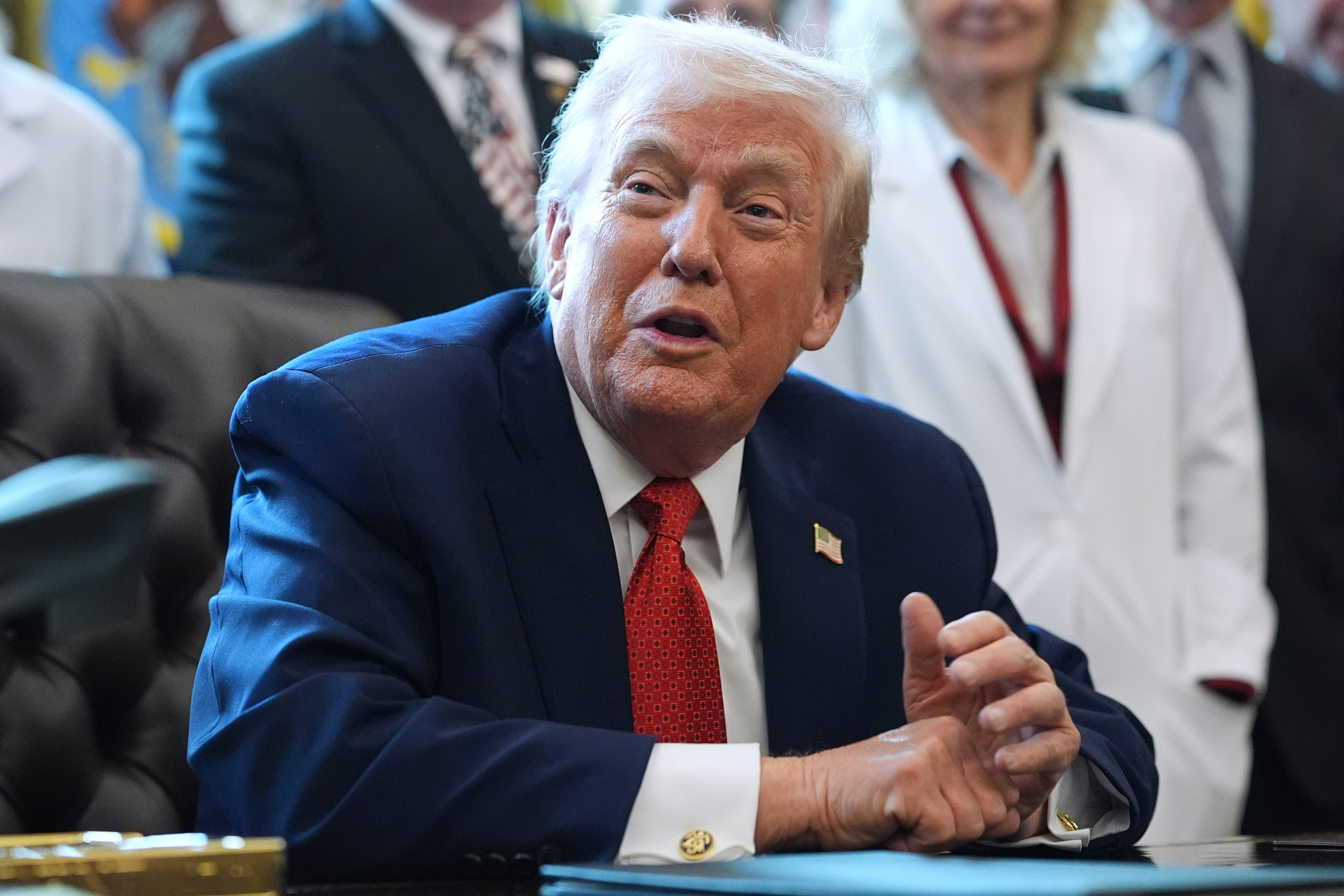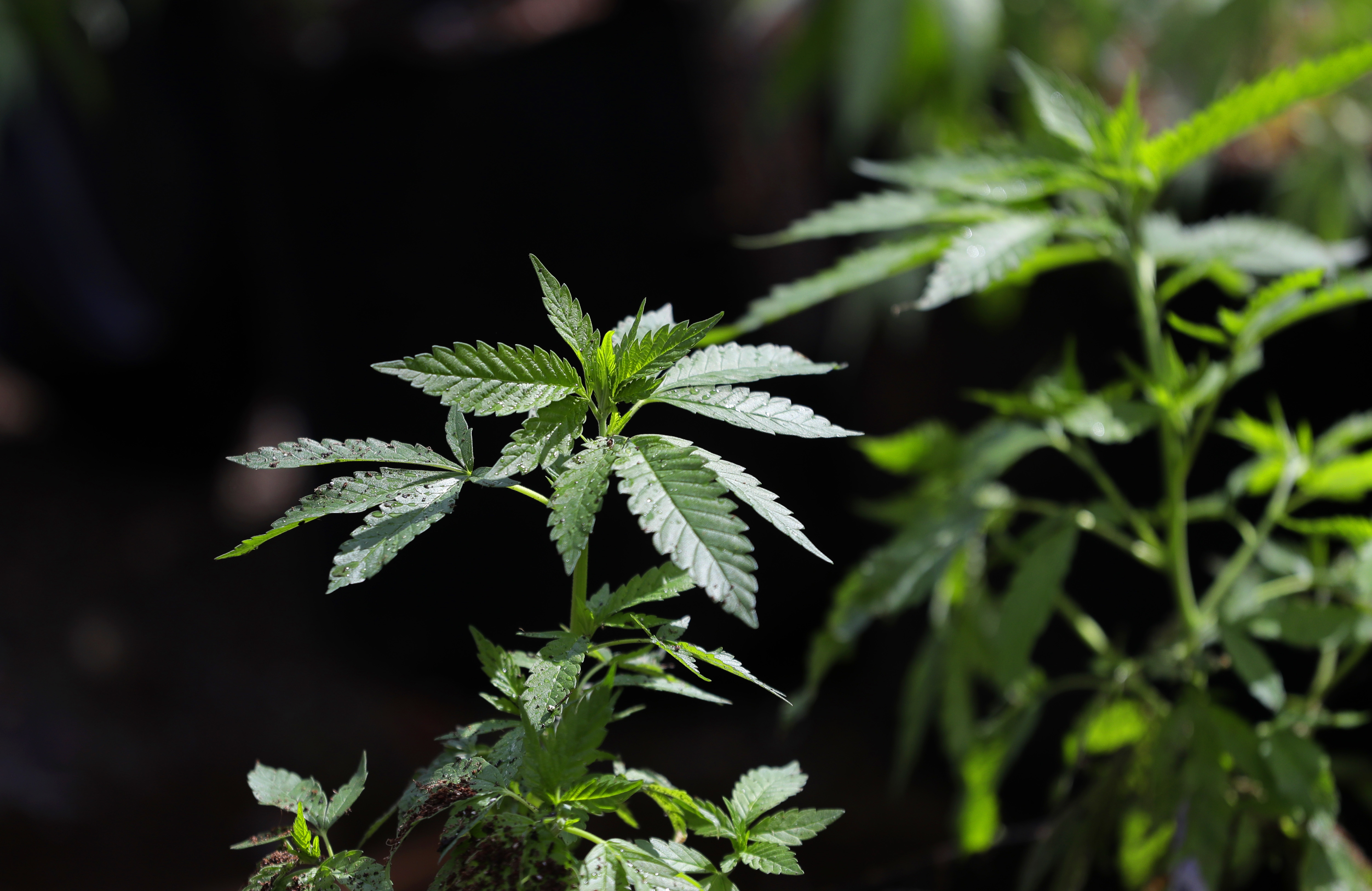Monoclonal antibodies or “antibody cocktails” are getting a lot of attention as the next promising treatment in the fight against COVID-19 after President Donald Trump tweeted how much it helped him.
"They gave me Regeneron and it was like unbelievable," the President said in a video.
Monoclonal antibody therapy is already used to treat patients with diseases like cancer and rheumatoid arthritis. It works like this. Scientists clone a stock of antibodies in the lab, which can then work just like the patient’s own antibodies, helping the immune system attack sick cells.
"These antibodies, once they're infused, is to actually prevent that interaction and really halt the process," Dr. Gregg Silverman, Professor of Medicine and Pathology, NYU School of Medicine told Newsy.
Drugmakers Regeneron and Eli Lilly have both applied for FDA Emergency Use Authorization for their different “antibody cocktails.” They’re experimental right now, and only patients participating in a clinical trial can get them.
Andrew Hangeman and his mother, Graham Ray, of Denver are two of those people. After getting sick this summer, Ray, a former infectious disease nurse, looked for clinical trials.
"I lost my sense of taste and smell for about a month. It only recently came back. That was pretty jarring. But other than that, the symptoms are super mild. And, my mom had it even easier than I did. We were very, very lucky. But I was also very worried," he said.
The two are among nine patients who have participated in Dr. Thomas Campbell’s clinical trial at University of Colorado and UCHealth, studying Regeneron’s effect on COVID patients who were sick but didn’t need to be hospitalized. They each got one 4-gram dose of either a placebo or Regeneron’s antibodies and were monitored over several weeks, which included getting 11 nasal swab COVID tests.
Campbell is also studying Eli Lilly’s cocktail. The studies are looking at dissecting the ways the drug works.
"Shortening the course of illness, getting people feeling better, faster, getting people discharged from the hospital faster," said Dr. Thomas Campbell, Associate Dean for Adult Health Research at the University of Colorado.
"I think my mom got the real thing and I have a placebo because, you know, in my mind, there's no way that my mom's almost 60 [and] healthier than me. I like to think I'm in shape, but I think that she must be juicing if she's going to recover faster," Hangeman said.
If a patient is in a clinical trial, they don’t have to pay for the drugs they get...because they’re literally an experiment. But right now, there’s only a handful of clinical trials across the U.S. recruiting patients. Even fewer for patients who are mildly sick at home.
"The bedrock still remains standard supportive care, meaning supporting organ systems and supporting patients as the body heals itself," Dr. Ben Singer, Pulmonary and Critical Care Specialist, Northwestern Medicine said.











